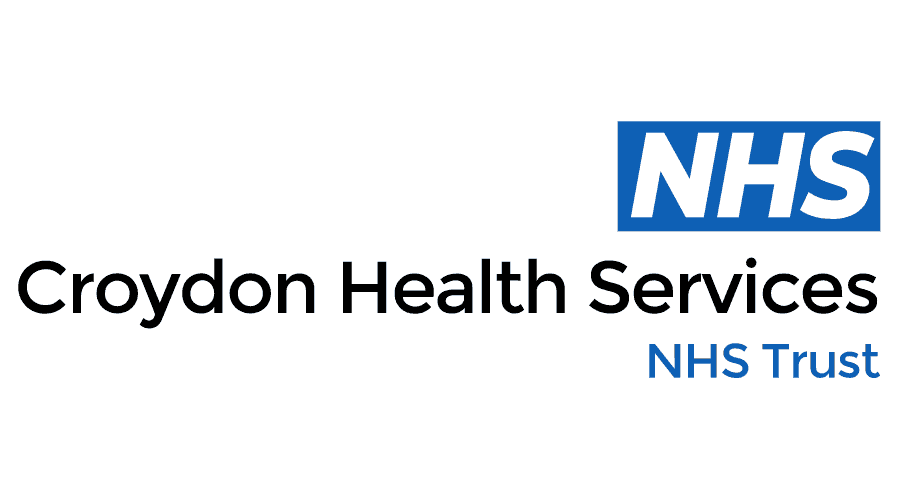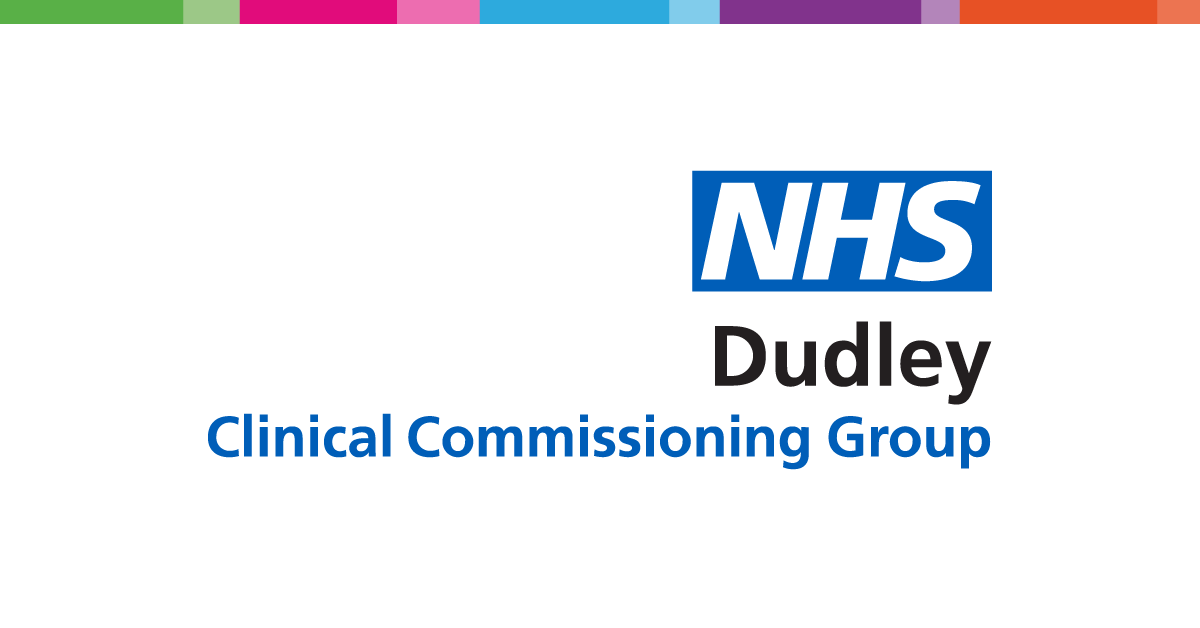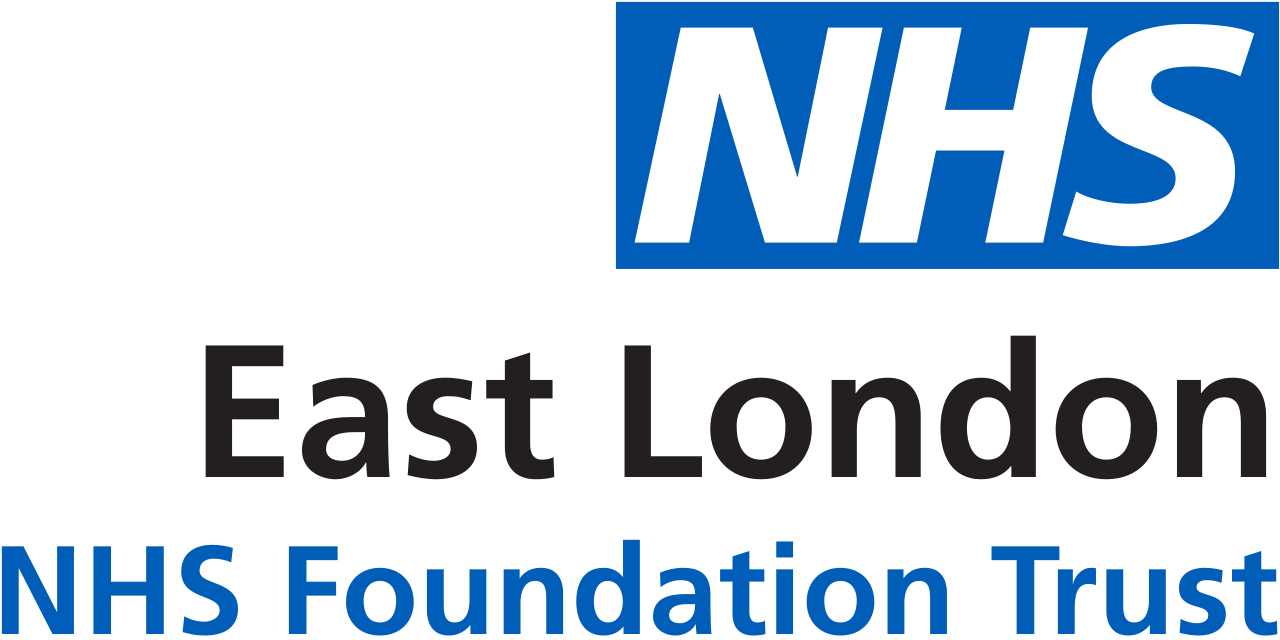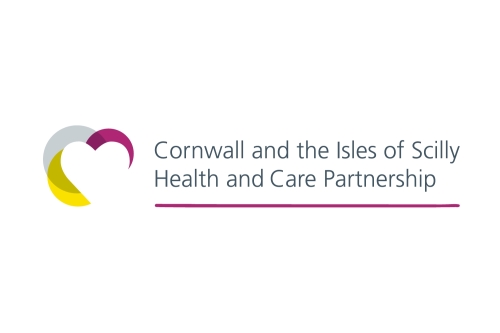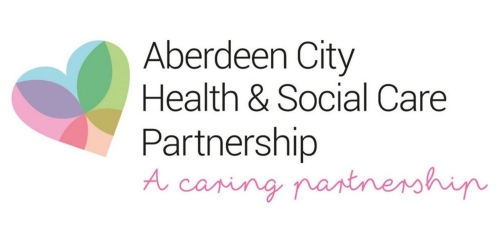• Supporting the development of integrated care strategies systems, place-based partnerships and provider collaboratives
• Board development for ICBs and trusts on system working and partnership arrangements
• Developing system governance, assurance and risk frameworks
These are times of great change in the world of health and social care. The future is all about collaboration and systems.
The potential for improving the way we provide care is huge. But this is uncharted territory for many organisations, requiring a shift in culture and mindset from the old competition model to something more collaborative and inclusive.
Integrated care systems finally became statutory bodies on 1 July 2022. We are currently working with trusts and ICSs all over the country to develop their system working plans.
Our areas of focus
GGI has led the national conversation on integration. We also have extensive experience of working with non-NHS partners in integrated care systems: education, third sector, local government, hospices, and the private sector.
No one is better placed to pull together lean and effective system governance arrangements. Current focus areas include:
- board development for ICBs and trusts to support system working
- supporting the development of integrated care strategies and ensuring the effectiveness of integrated care partnerships
- emerging models of provider collaboratives and place-based partnerships, roadmaps to delegation, and example business cases for trusts as lead providers
- delivery of organisational development programmes aimed at building effective place-based partnerships and provider collaboratives
- what it means to be a well-led trust in an ICB and trust board and how to prepare for the new CQC approach to regulating systems
- developing frameworks and approaches for the evaluation of ICS governance arrangements
- developing system risk frameworks: adapting processes and tools (e.g. the BAF, risk appetite) to reflect the role of ICBs and system partners in achieving shared outcomes and managing risks
- stakeholder perspectives and stakeholder management and assessment of maturity against our matrix.
What is integrated care?
Integrated care is about giving people the support they need, joined up across local councils, the NHS, and other partners. It removes traditional divisions between hospitals and family doctors, between physical and mental health, and between NHS and council services. The aim is that people can live healthier lives and get the care and treatment they need, in the right place, at the right time.
What are integrated care systems (ICS)?
An ICS is a partnership between NHS organisations, local councils and others, who take collective responsibility for managing resources, delivering NHS standards, and improving the health of the population they serve. There are 44 ICS ‘footprint’ areas. The size of a system is typically a population of 1-3 million, but can vary from 300,00 (in West, North and East Cumbria) to nearly 3 million (in Greater Manchester).
The move to ICSs has been a long journey. In 2015, ‘vanguard’ sites in 50 areas took the lead in developing and testing five new models of care. In 2016, NHS organisations, local councils and others came together to form sustainability and transformation partnerships (STPs). From 2018, some of these STPs evolved to form integrated care systems. In 2019, the NHS Long Term Plan confirmed that every part of England would be served by an ICS from April 2021.
What is population health management?
Population health management is a technique for using data to design new models of proactive care and deliver improvements in health and wellbeing which make best use of the collective resources.8 PHM is the critical building block for integrated care systems and enables primary care networks to deliver true personalised care with their local partners.
Population health aims to improve physical and mental health outcomes, promote wellbeing and reduce health inequalities across an entire population. The approach includes focusing on the wider determinants of health, which have a significant impact as only 20% of a person’s health outcomes are attributed to the ability to access good quality healthcare.
Historical and current data are used to understand what factors are driving poor outcomes in different population groups. New proactive models of care are then designed to improve health and wellbeing today and in 20 years’ time.
What are provider collaboratives?
Provider collaboratives are arrangements between NHS organisations with similar missions (e.g., an acute collaborative). They can also be organised around a ‘place’, with acute, community and mental health providers forming one collaborative. It is expected that all NHS providers will need to be part of one or more provider collaboratives, as part of the new legislation.
In terms of structure, a collaborative could mean anything from a structural merger to a looser coalition of the willing to better manage common issues through sharing, mutual aid and joint working. For more details about the four leading models, please read our Illumination on provider collaboratives.
The provider collaborative model is based on what were formerly known as new care model (NCM) pilots. These pilots were launched in 2016/17 and trialled new ways of working across mental health providers5. Since April 2020, local service providers have been able to join together under NHS-led provider collaboratives for specialised mental health, learning disability and autism care.
Why is governance important in systems?
The ability of a system to make a binding decision on behalf of all organisations is no small feat, and requires flexible and modern governance mechanisms, along with organisational development.
What are joint committees?
In a joint committee, each organisation can nominate one or more representative member(s). The joint committee has delegated authority to make binding decisions on behalf of each member organisation without further reference back to their board. Member organisations may need to amend their constitutions and review their governance arrangements to ensure clarity, consistency and accountability. A crucial point is that boards going into joint committee arrangements effectively lose their ‘veto’ as binding decisions at a joint committee can be agreed through a majority, rather than specific agreement from each constituent member organisation of the joint committee.
The white paper suggests allowing ICSs and NHS providers (NHS trusts and foundation trusts) to create joint committees to take joint decisions, to remove unnecessary barriers to joined-up decision-making.4 Previous legislation has significantly limited the ability of foundation trusts to enter into joint committee arrangements.
Has GGI got experience supporting systems?
We have worked with nine integrated care systems as well as many diverse partner and stakeholders organisations including local government, third sector, Primary Care Networks (PCNs), care homes, housing associations.


